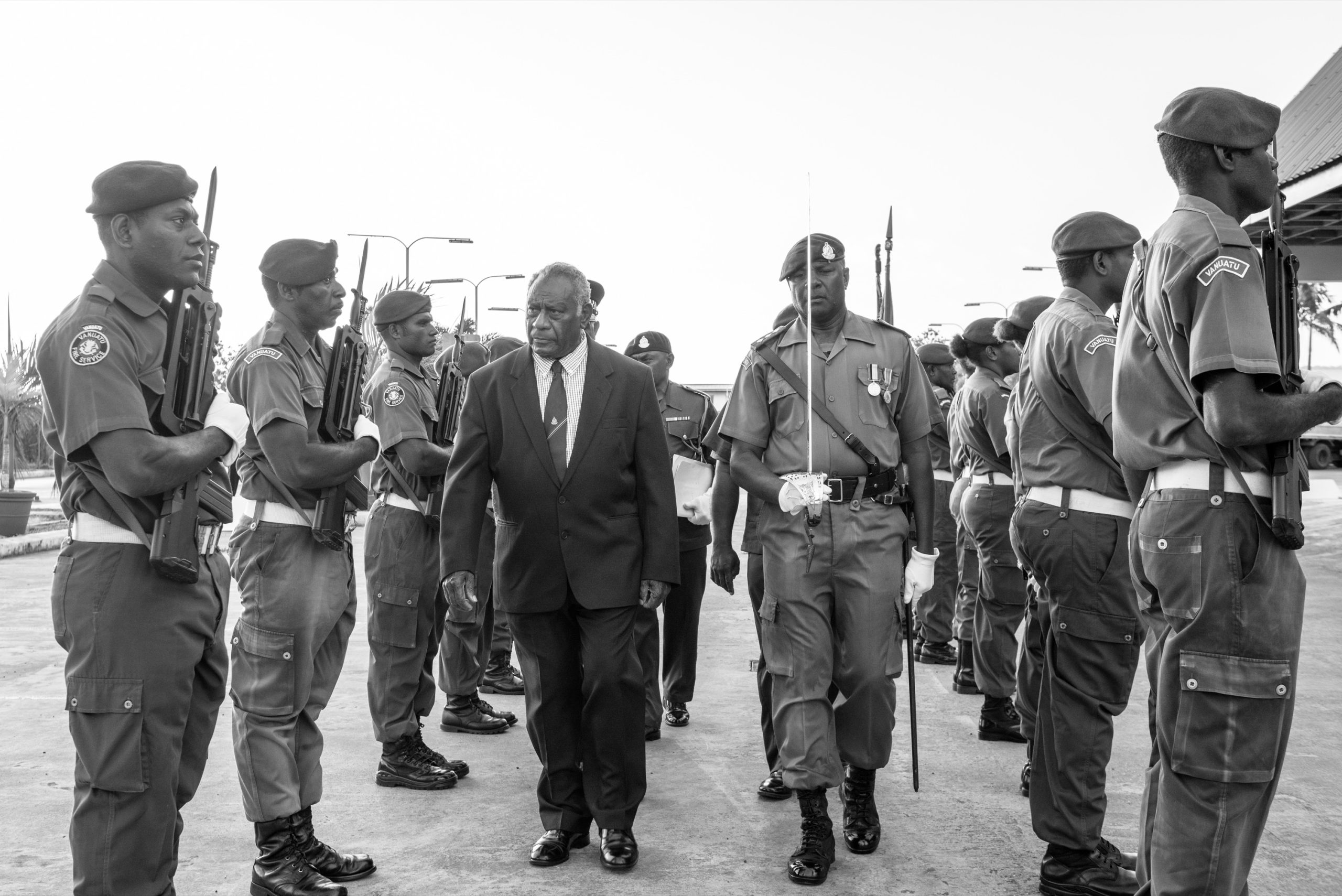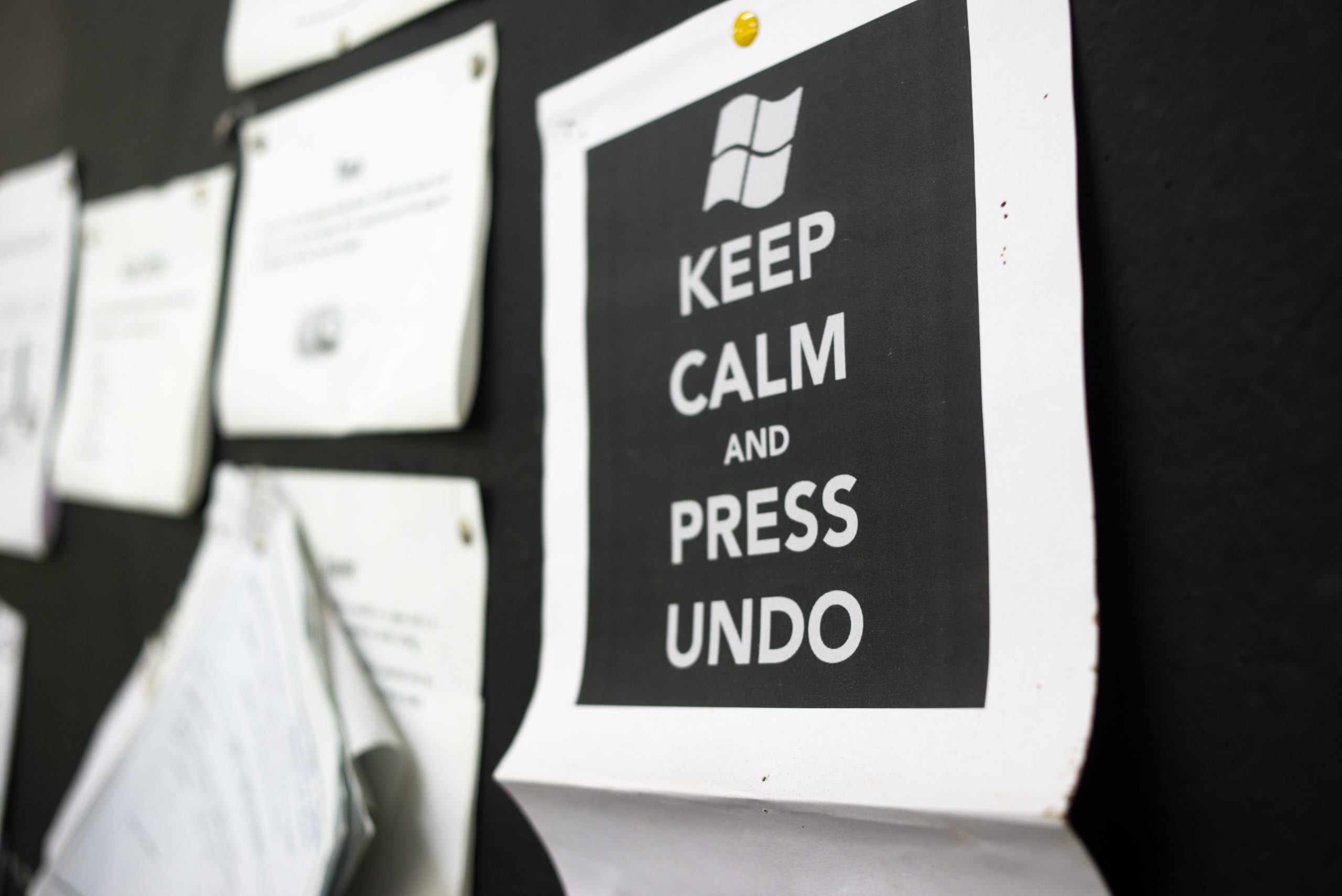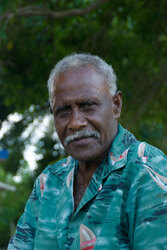
“The head of the Republic shall be known as the President and shall symbolise the unity of the nation.”
That’s how chapter six of the Constitution of Vanuatu describes the head of state: A symbol of the unity of the nation. The rumours and reports that ran rampant around town yesterday did nothing to uphold this country’s sense of unity. Quite the opposite.
While Marcelino Pipite did sign an instrument of pardon Saturday, the document is of questionable legality, but more to the point, it is politically, socially and morally indefensible.
If Mr Pipite’s gambit succeeds, it would, as MP Samson Samsen said so memorably in his testimony, mean we no longer fear God. Our leaders could fairly be said to have lost their moral compass.
When he emerged from the courtroom Friday afternoon, Moana Carcasses reiterated his respect for the integrity of the judicial process. Likewise, he cautioned his supporters to “respect the judgment” and not to take the law into their own hands.
Presumably, he said the same to his peers. First-hand reports of the brief speech that he gave following a meeting at the Prime Minister’s Office Friday evening suggest that he made substantially the same statements then, too.
Surely Mr Pipite was listening? What could possibly possess someone even to contemplate a pardon at this stage?
The Constitution states, “The President of the Republic may pardon, commute or reduce a sentence imposed on a person….” Given that nobody has been sentenced yet, it’s questionable whether a pardon is even legally possible right now.
We do the public a disservice to discuss Friday’s verdict and start bandying pardons about in the same breath. To do so would undermine public trust in our political leaders, which is already at low ebb. Furthermore, such could erode our faith in the power of the courts.
It’s fair to ask: If the players start ignoring the referee’s red card, can we still say they’re playing football, or has the game changed completely?
We fear that this announcement will have exactly the effect Mr Pipite claimed he wanted to avoid. While the Opposition has refrained from commenting and is sure to advise calm, it’s hard to imagine that this will be sufficient to salve rapidly fraying tempers.
This announcement is poorly timed, of questionable legality and leads the country further into uncharted political waters. In every respect, it is contrary to the public interest.
As this newspaper goes to press, there is still no comment from the Prime Minister. People close to him say that he was not consulted in this process, and that he found out about it through the media. Opposition leaders have not received a response from Mr Kilman in spite of repeated requests for an urgent meeting.
People everywhere look to their government for leadership. We expect them to safeguard the unity of the nation. Yesterday’s actions may well do exactly the opposite.



 The problem with having 850 words a week is that I can only say one thing at a time.
The problem with having 850 words a week is that I can only say one thing at a time.